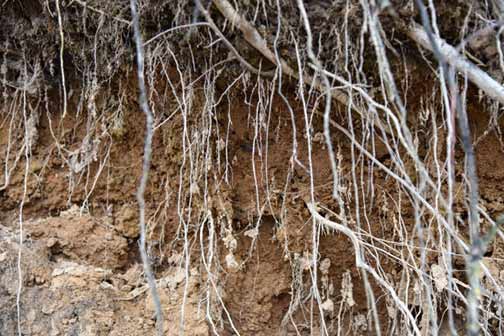
Summertime is most people’s favorite season of the year. Families spend more time in the home during this time, and if you have a pool in your yard, it sees the most use. Outdoor hangouts and backyard barbecues are more likely to happen during the summer.
But will your plumbing be ready for the increased demand during summer? According to Mark Thomas Management team, summertime puts a lot of strain on plumbing systems because, in addition to increased water usage by families, we will also use vast amounts of water on our lawns and gardens.
To help you get through this season with minimal hassles, here is a list of simple steps to make the plumbing system in your Chicago home super-efficient. Follow these steps to avoid annoying plumbing issues that can ruin the fun and togetherness of summertime.
10 tips to get the plumbing in your Chicago home ready for summer
Inspect the plumbing for leaks
Summer is when the stresses of the last winter may start showing up in your plumbing. With increased water usage, unresolved leaks are likely to become worse. That is why summer is the right time to inspect your plumbing system for leaks. Do not forget to check for running toilets. They can waste hundreds of gallons of water.
Check your water pressure
Due to increased demands on the plumbing, you may likely have issues like low water pressure during summer. This problem emerges as the showers, faucets and plumbing fixtures in the home are being used at the same time. Low water pressure can waste your time and impair the efficiency of water-utilizing appliances in the house.
Prevent drain clogs
Due to increased traffic in the home, drainage systems suffer more abuse during summer. That increases the risk of clogs in the system. It is a good idea to have your drains inspected and professionally cleaned as soon as you see the first signs of summer. Also, make sure there is always a DIY drain-cleaning solution close at hand.
Check the sprinkler system
Sprinkler systems waste more water in summer than in any other season. That is because lawns and gardens need more water in summer, and the evaporation rate is also higher. Leaks, clogs and damaged sprinkler heads compound your water usage woes and can result in unbelievably high water bills. Inspect your sprinkler system.
Clear your gutters and downspouts
Ideally, this is something you should do at the onset of spring. But even if you did do it at the beginning of the year, it does not hurt to do it again. Gutters and downspouts should be inspected at the start of each season. Ensure the gutter is not loose and water is being discharged in the right location on your property.
Check your water heater
Your home’s hot water usage may increase or decrease during summer. Regardless of whether you use more or less hot water this time, you should not neglect your water heater. If your hot water needs are lower, consider adjusting the water heater to save energy. If you use more hot water in summer, you may want to service or replace the water heater altogether.
Inspect and service your sump pump
Before summer storms arrive, check your sump pump to ensure it is ready. Test the pump to be sure it is working properly. Clean the pump and sump basin. Also, make sure the basin cover is in good condition. If you don’t have a backup sump pump, this is the right time to install one.

Inspect your sewer line
Problems like tree root infiltration into the sewer line are likely to happen during summer. That is also when rodents are most likely to attack underground drain pipes. If there are any weaknesses in your sewer system, summer storms will exploit them to damage your property. Have a professional plumber inspect your sewer line.
Be ready for plumbing emergencies
Have a plan of action for when plumbing emergencies happen in your home. Every household member needs to know the location of the main water shut-off valve. Every family member should know how to use the shut-off valve. It is also vital that the shut-off valve is clearly labeled and access to this essential plumbing feature is not blocked.
Conserve water
You want to look for ways to ensure your home only consumes the volume of water it needs. Most of the water wastage in your home will be due to inefficiencies in the plumbing and your family’s water consumption habits. By adding low-flow water fixtures to the house, you can save water without impairing the functionality of your plumbing fixtures.
Do you have other tips for getting the plumbing in your Chicago home ready for summer? Tell us about them in the comments.
